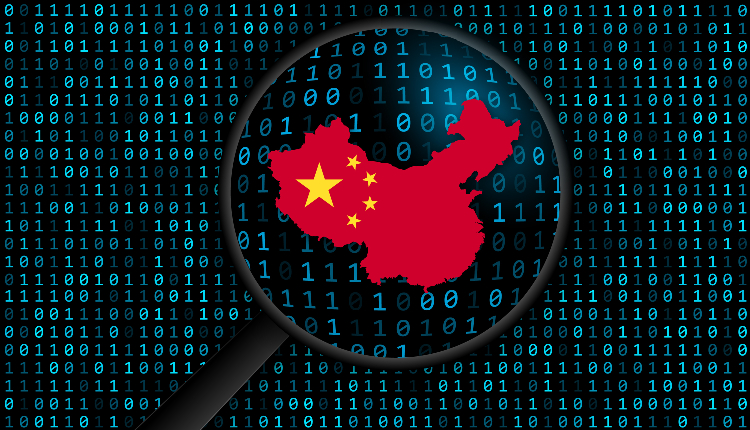Global hedge funds have significantly reduced their exposure to Chinese equities, marking the lowest level in five years, while simultaneously increasing investments in Japan, according to Goldman Sachs.
This shift in investment preference reflects growing concerns about China’s economic trajectory. Despite early optimism and policy measures aimed at reviving the economy, Chinese shares have remained relatively flat this year.
China experienced significant outflows from emerging market stocks last month, with mainland A-shares bearing the brunt of the selling pressure.
As a result, hedge funds’ net allocation to China, encompassing both onshore and offshore equities, reached a five-year low. Conversely, investments in Japan surged to a four-year high by the end of July.
The widening divergence between China and Japan allocations highlights the changing investor sentiment.
While China grapples with deflationary pressures, Japan’s recent rate hikes and emergence from a prolonged deflationary period have made it an attractive destination for growth-seeking investors.
Japan’s Nikkei index has outperformed, gaining 17 per cent year-to-date, in contrast to China’s second-quarter growth of 4.7 per cent, its slowest pace since early 2023.
Despite recent policy measures, including surprise rate cuts and guidance from the Communist Party’s Third Plenum, investor concerns about domestic demand persist.
Hedge funds’ aggregate allocation to Chinese equities stood at around 6.6 per cent at the end of July, down from a peak of 15 per cent in mid-2020.
China-focused long-short equity funds suffered their worst month in over two years, losing an average of 5.8 per cent by July 29th.
In comparison, broader pan-Asia long-short equity funds retreated by 3.5 per cent, while Japan posted a 1.2 per cent gain during the same period.
Attribution: Reuters


